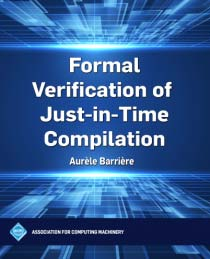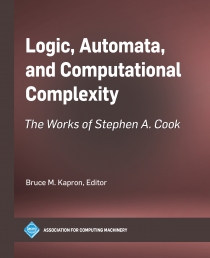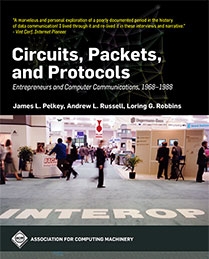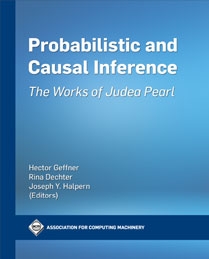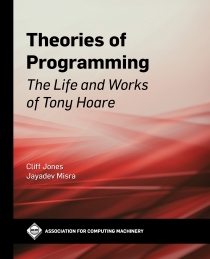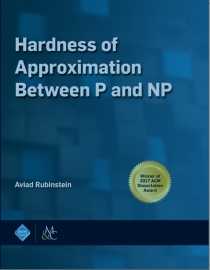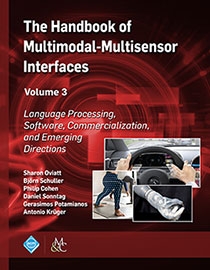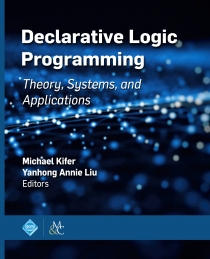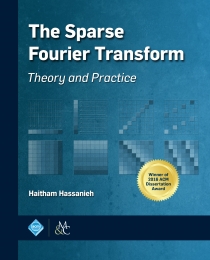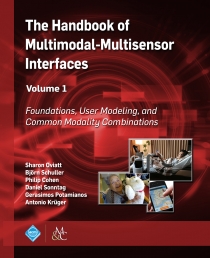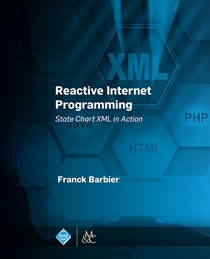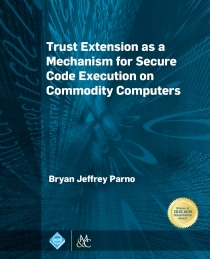Calculated Imagery: A History of Computer Graphics in Hollywood Cinema
By: Mark J. P. WolfISBN: 979-8-4007-1265-4
DOI: 10.1145/3694828
Table of Contents
eBook: $72.00 | Paperback: $90.00 | Hardcover: $110.00
ACM Members receive a 25% discount on all books, and Student Members receive a 30% discount.
This book is a comprehensive history of computer graphics in Hollywood cinema. As the first such book of its kind, it is an essential reference for anyone interested in the history of cinema, visual effects, or computer graphics, and the industries of which they are a part.
It begins with a look at the history behind the calculation of images, from weaving to screen imaging, and the faux computer graphics used in movies before real computer graphics were available or affordable. Next, the author examines the rise of computer graphics and computer-animated films, and the gradual introduction of computer-generated imagery into the cinema. It moves chronologically through the development of computer-generated animation and its use both for cartoonlike imagery and for photorealistic imagery. The author discusses behind-the-scenes uses of computer graphics in the film industry, and how these uses have impacted the kinds of imagery made and the technologies by which they are made. It also looks at how computer animation is combined with approaches such as procedural generation and simulation, and the ways in which computers automate imagery.
Throughout the book, the histories of individuals, companies, films, and computer graphics techniques are explored in detail, as well as changes in the visual effects (VFX) industry itself over time.
Calculated Imagery: A History of Computer Graphics in Hollywood Cinema is for anyone interested in how CG changed the VFX industry, film history, and filmmaking overall, and the people, companies, and techniques that made it happen.



